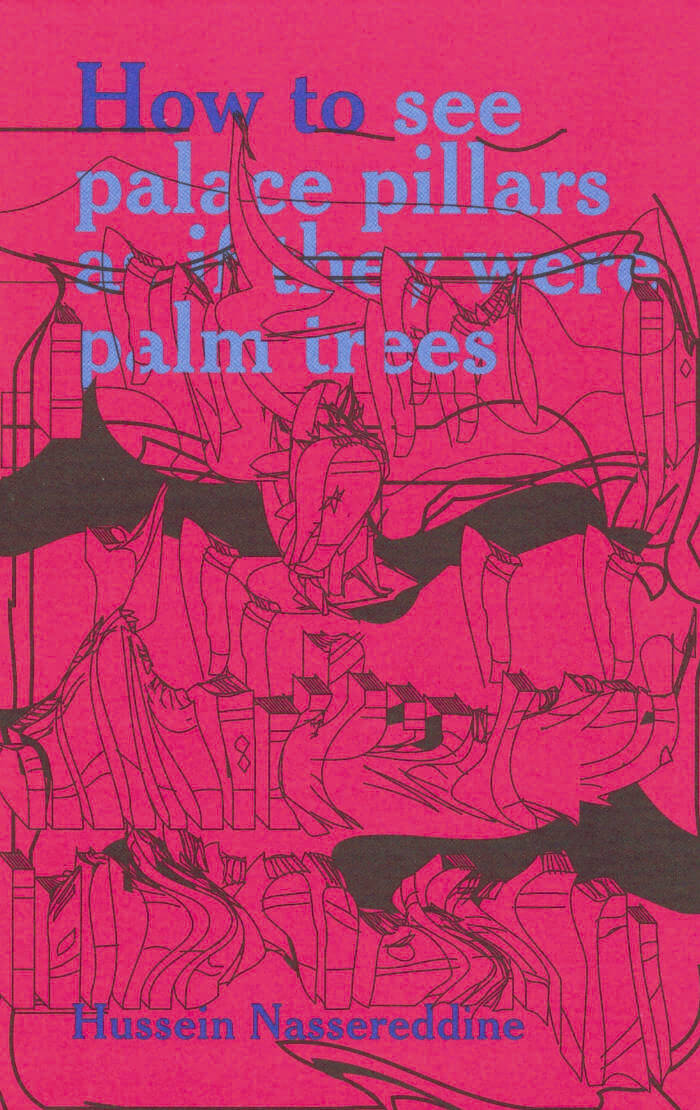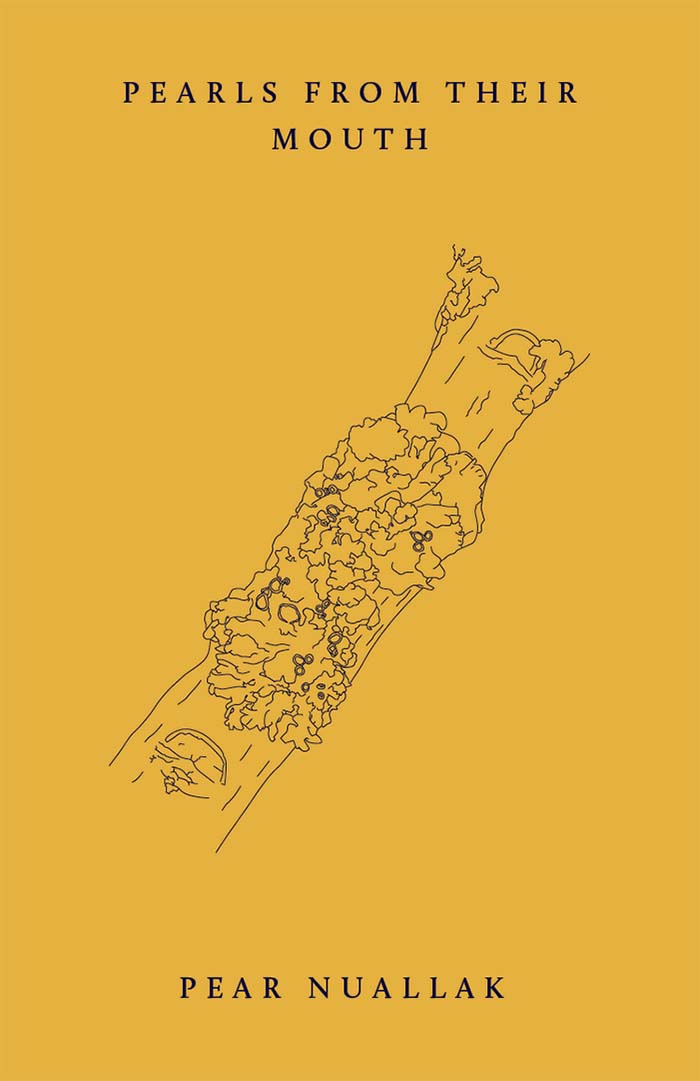
How to make female action heroes
M was exasperated by her friend's frivolous attitude toward the tragedy of losing a role. She was not trained to read the potential in R's wild imagination. Was it a commitment to realism, trained by the ideological morality of activism, that made her unresposive to the fantasy genre and vigilante characters? R's instinct was to court the unfamiliar, whereas M's training was to engage with criticality. Both these attributes could have interfaced in interesting and colourful ways, with sparks and currents, if and only if the social conditions of the time had been conducive to the arrival of a vigilante.
Madhusree Dutta is a filmmaker, curator and author based in Mumbai and Berlin. She has been the executive director of Majlis Culture, a centre for rights discourse and art initiatives in Mumbai, 1998-2016; and artistic director of Academy of the Arts of the World in Cologne, 2018-2021. Her areas of interest are documentary practices, urban cultures, migration movements, transient identities, and lived-in hybridity.






